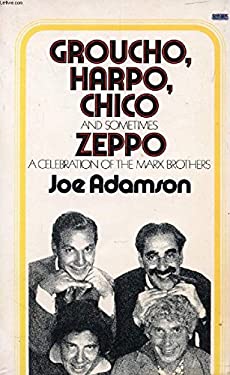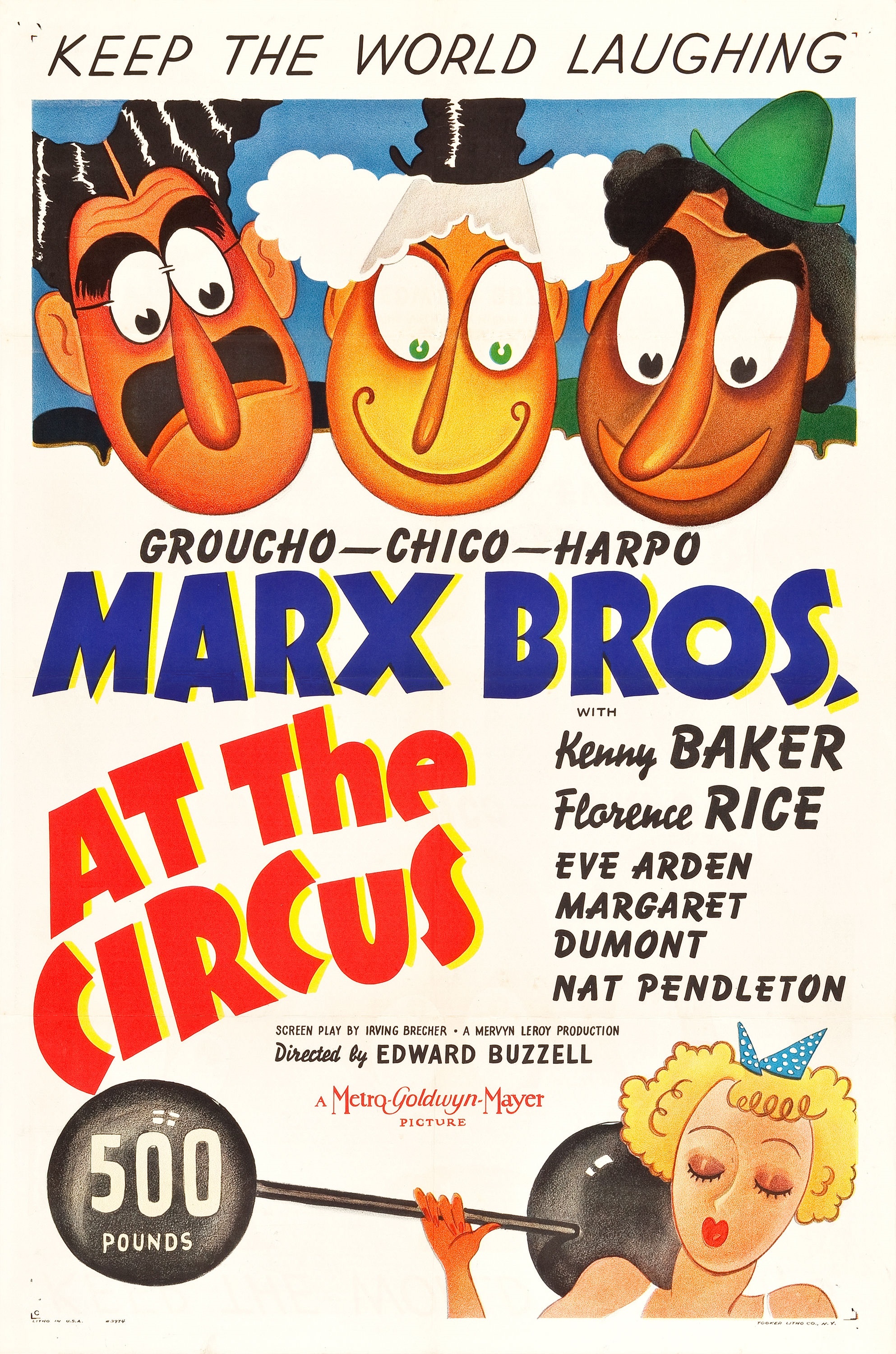Happy End-of-September Sleuthsayers! As you may recall, for my last turn in the rotation, I had the honor of writing the Sleuthsayers' Blog Tenth Anniversary post. While working on this post, I did a lot of looking backward at the writing contained on this site: the vast repository of the knowledge and skill tips of the Sleuthsayers' Roll of Honor. Trolling back through this massive trove of material, I came across one of my earlier posts, dealing specifically with a frequently underused tool in the writer's kit: setting. This particular post is from 2013, and I think it's aged well if I do say some myself, so I'm reposting it here, in hopes it proves helpful to authors out there wrestling with setting. In two weeks, I'll be back in two weeks to expand further on this topic. - Brian
* * *
Setting. Everyone knows about it. Few people actively think about it.
And that's a shame, because for writers, your setting is like a pair of shoes: if it's good, it's a sound foundation for your journey. If it's not, it'll give you and your readers pains that no orthotics will remedy.
Nowhere is this more true than with crime fiction. In fact strong descriptions of settings is such a deeply embedded trope of the genre that it's frequently overdone, used in parodies both intentional and unintentional as often as fedoras and trench coats.
Used correctly a proper setting can transcend even this role–can become a character in its own right, and can help drive your story, making your fiction evocative, engaging, and (most importantly for your readers) compelling.
Think for a moment about your favorite crime fiction writers. No matter who they are, odds are good that one of the reasons, perhaps one you've not considered before, is their compelling settings.
Just a few contemporary ones that come to mind for me: the Los Angeles of Michael Connelly and Robert Crais. The Chicago of Sara Paretsky, Sean Chercover and Marcus Sakey. Boston seen through the eyes of Robert B. Parker. Ken Bruen's Ireland. Al Guthrie's Scotland. Carl Hiassen's Miami. Bill Cameron's Portland.
And of course there are the long gone settings highlighted in the gems of the old masters. These and others read like lexical snapshots from the past.Who can forget passages like:The city wasn't pretty. Most of its builders had gone in for gaudiness. Maybe they had been successful at first. Since then the smelters whose brick stacks stuck up tall against a gloomy mountain to the south had yellow-smoked everything into uniform dinginess. The result was an ugly city of forty thousand people, set in an ugly notch between two ugly mountains that had been all dirtied up by mining. Spread over this was a grimy sky that looked as if it had come out of the smelters' stacks.
—Dashiell Hammett, Red Harvest
Then there was Hammett's most ardent admirer (and in many ways, his successor) Raymond Chandler, a writer of considerable scope and power, was never better than when describing the sun-blasted neighborhoods of 1940s Southern California, the desperation of the region's denizens, and and black tarmac byways both connecting and dividing them in Farewell, My Lovely:1644 West 54th Place was a dried-out brown house with a dried-out brown lawn in front of it. There was a large bare patch around a tough-looking palm tree. On the porch stood one lonely wooden rocker, and the afternoon breeze made the unpruned shoots of last year's poinsettias tap-tap against the cracked stucco wall. A line of stiff yellowish half-washed clothes jittered on a rusty wire in the side yard.
And no one did it better than Ross Macdonald:
The city of Santa Teresa is built on a slope which begins at the edge of the sea and rises more and moresteeply toward the coastal mountains in a series of ascending ridges. Padre Ridge is the first and lowest of these, and the only one inside the city limits.It was fairly expensive territory, an established neighborhood of well-maintained older houses, many of them with brilliant hanging gardens. The grounds of 1427 were the only ones in the block that looked unkempt. The privet hedge needed clipping. Crabgrass was running rampant in the steep lawn.
Even the house, pink stucco under red tile, had a disused air about it. The drapes were drawn across the front windows. The only sign of life was a house wren which contested my approach to the veranda.
— Ross Macdonald, Black Money
In each of the passages excerpted above the author has used a description of the setting as a tip-off to the reader as to what manner of characters would inhabit such places. Even hints at what lies ahead for both protagonist and reader.
With Hammett it's the stink of the corruption that always follows on the heels of a rich mineral strike. With Chandler, it's a life worn-out by too much living. And with Macdonald, it's a world and its inhabitants as out of sorts as those hedges that need clipping.
Brilliant thumbnail sketches each. If you haven't read them, you owe it to yourself to do so. And each of them was giving the reader a glimpse of a world they had experienced first-hand, if not a contemporary view, then at least one they could dredge up and flesh out from memory.
With the stuff I write it's not that simple.
In his kind note introducing me to the readers of this blog, our man Lopresti mentioned that when it comes to fiction, my particular bailiwick is historical mystery. In my time mining this particular vein of fiction I've experienced first-hand the challenge of delivering to readers strong settings for stories set in a past well before my time.
How to accomplish this?
It's tricky. Here's what I do.
I try to combine exhaustive research with my own experiences and leaven it all with a hefty dose of the writer's greatest tool: imagination.
"Counting Coup," the first historical mystery story I ever wrote, is about a group of people trapped in a remote southwest Montana railway station by hostile Cheyenne warriors during the Cheyenne Uprising of 1873. I used the three-part formula laid out above.
While pursuing my Master's in history, I'd done a ton of research on the western railroads, their expansion, and its impact on Native American tribes in the region, including the Cheyenne.
I've visited southwestern Montana many times, and the country is largely unchanged, so I had a good visual image to work from.
Imagination!
An example of the end result:
Wash and Chance made it over the rise and and into the valley of the Gallatin just ahead of that storm. It had taken three days of hard riding to get to the railhead, and the horses were all but played out.
The entire last day finished setting their nerves on edge. What with the smoke signals and the tracks of all the unshod ponies they'd seen, there was enough sign to make a body think he was riding right through the heart of the Cheyenne Nation.
Stretching away to north and south below them lay the broad flood plain of the Gallatin. The river itself meandered along the valley floor, with the more slender, silver ribbon of rail line mirroring it, running off forever in either direction. The reds of the tamarack and the golds of the aspen and the greens of the fir created a burst of color on the hills that flanked the river on either side, their hues all the more vivid when set against the white of the previous evening's uncharacteristically early snowfall.
"Suicide Blonde," another of my historical mystery stories, is set in 1962 Las Vegas. Again, the formula.
I did plenty of research on Vegas up to and including this time when Sinatra and his buddies strutted around like they owned the place.
I lived and worked in Vegas for a couple of years and have been back a few times since. I am here to tell you, Vegas is one of those places that, as much as it changes, doesn't really change.
Imagination!
Which gets you:
Because the Hoover boys had started tapping phones left and right since the big fuss at Apalachin a few years back, Howard and I had a system we used when we needed to see each other outside of the normal routine. If one of us suggested we meet at the Four Queens, we met at Caesar's. If the California, then we'd go to the Aladdin, and so on. We also agreed to double our elapsed time till we met, so when I said twenty minutes, that meant I'd be there in ten. We figured he had a permanent tail anyway, but it was fun messing with the feds, regardless.
The Strip flashed and winked and beckoned to me off in the distance down Desert Inn as I drove to Caesar's. It never ceases to amaze me what a difference the combination of black desert night, millions of lights, and all that wattage from Hoover Dam made, because Las Vegas looked so small and ugly and shabby in the day time. She used the night and all those bright lights like an over-age working girl uses a dimply lit cocktail lounge and a heavy coat of makeup to ply her trade.
Howard liked Caesar's. We didn't do any of the regular business there, and Howard liked that, too. Most of all, Howard liked the way the place was always hopping in the months since Sinatra took that angry walk across the street from the Sands and offered to move his act to Caesar's. Howard didn't really care to run elbows with the Chairman and his pack, he just liked talking in places where the type of noise generated by their mere presence could cover our conversations.
You may have noticed that in both examples used above I've interspersed description of the setting with action, historical references and plot points. That's partly stylistic and partly a necessity. I rarely find straight description engaging when I'm reading fiction (in the hands of a master such as Hemingway, Chandler or Macdonald that's another story, but they tend to be the exception), so I try to seamlessly integrate it into the narrative. Also, since I'm attempting to evoke a setting that is lost to the modern reader in anything but received images, I try to get into a few well-placed historical references that help establish the setting as, say, not just Las Vegas, but early 1960s Las Vegas. Doing so in this manner can save a writer of historical mysteries a whole lot of trying to tease out these sorts of details in dialogue (and boy, can that sort of exposition come across as clunky if not handled exactly right!).
So there you have it: an extended rumination on the importance of one of the most overlooked and powerful tools in your writer's toolbox: setting. The stronger you build it, the more your readers will thank you for it, regardless of genre, regardless of time period.
Because setting is both ubiquitous and timeless. Easy to overdo and certainly easy to get wrong. But when you get it right, your story is all the stronger for it.
And that's it for me. Tune in next time for more on making setting work for you.
See You in Two Weeks!

































